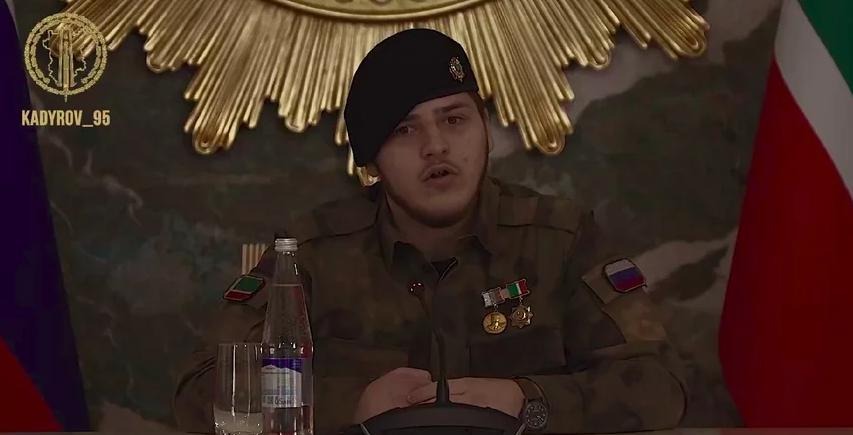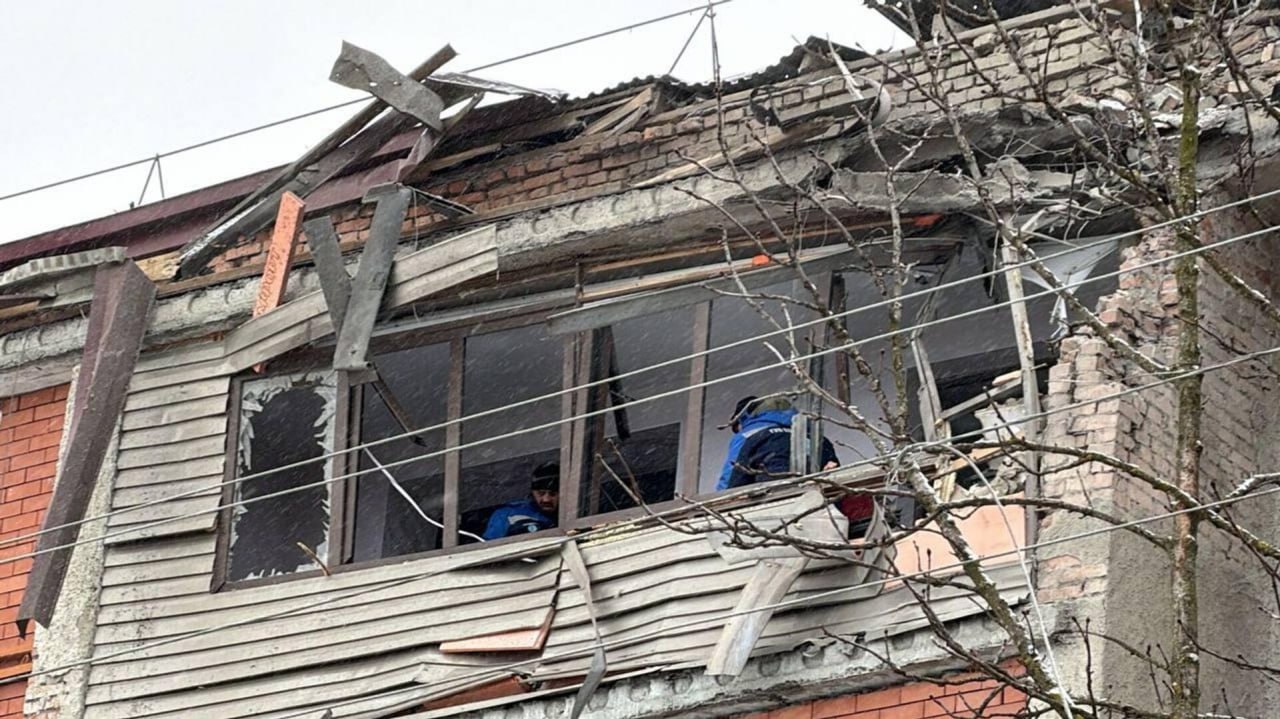Two days after media and Telegram channel reports of an accident involving the son of Chechen leader Adam Kadyrov, official sources have provided no information on the matter.

On June 16, Crimean Tatar activist Ansar Osmanov was sentenced to 20 years of strict regime for “preparing for a violent seizure of power” (Article 30, Part 1, Article 278 of the Criminal Code of the Russian Federation) and “organizing the activities of a terrorist organization” (Article 205.5). Other Crimean Tatars, members of the Islamic party Hizb ut-Tahrir, which is recognized as terrorist and banned in Russia, but is allowed abroad, including in Ukraine, also received long sentences.
The fault of the Crimean Tatars is that after 2014, when Crimea became part of Russia, they did not abandon their previous beliefs. 48-year-old woodcarver, father of five Ansar Osmanov, speaking with the last word, said: “Russia’s attempts to assimilate the Muslims of Crimea, as well as all 20 million Muslims living in Russia, are not successful. The idea of the Russian world is unsuitable - this idea cannot dominate Islamic ideology. Because the authorities are powerless in ideological confrontation, they resort to a forceful solution. We, Muslims, political prisoners, today find ourselves hostage to this Russian policy. Crimean Muslims are imprisoned for long periods of time just to suppress dissent. I don’t find any other explanation for everything that’s happening.”
The prosecutor requested 18 years in prison for Osmanov, but the judge of the Southern Military District Court, Denis Galkin, imposed a more severe punishment - 20 years of strict regime.
On May 24, the same court handed down a sentence in the case of another activist from Sevastopol, Ernes Seytosmanov, to 18 years of maximum security. The 38-year-old tractor driver called the accusations of terrorism and an attempt to seize power slander. “I lived for 30 years in Crimea, I was a resident of Crimea until the day the Russian Federation entered Crimea and annexed it. I did not cross the Russian border,” he said. Three years ago, his brother Enver Seytosmanov was sentenced to 17 years in a maximum security colony.
On May 31, four more Crimean Tatars received long sentences - from 12 to 17 years: Zavur Abdullaev, Dzhebbar Bekirov, Rustem Murasov and Rustem Tairov, who were also found guilty under articles of terrorism and seizure of power.
Memorial recognizes convicted members of Hizb ut-Tahrir as political prisoners, just like Jehovah's Witnesses, who have been banned in Russia since 2017.
As human rights activists note, with the outbreak of hostilities in Ukraine, repressions against Crimean Muslims have become more severe. Currently, more than a hundred Crimean Tatars have been convicted of belonging to an Islamic party.



